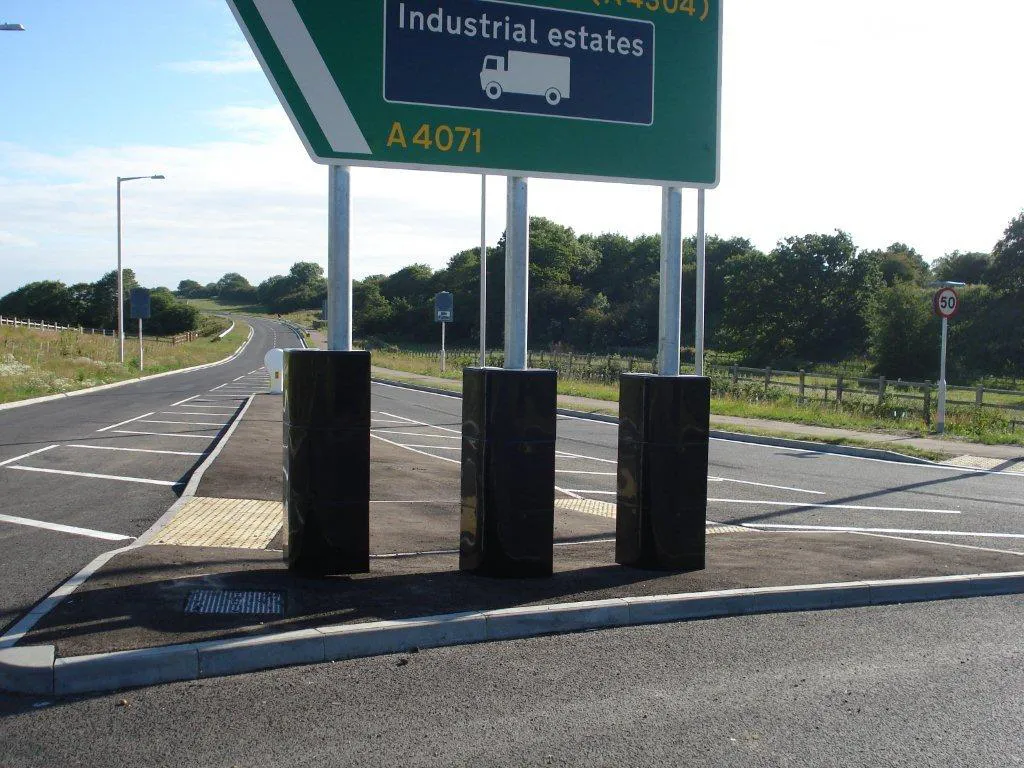The Sartre (Safe Road Trains for the Environment) project, funded by the European Union, has announced that it has successfully completed the first test demonstrations of a multiple vehicle platoon.
March 16, 2012
Read time: 1 min
The Sartre (Safe Road Trains for the Environment) project, funded by the 1116 European Union, has announced that it has successfully completed the first test demonstrations of a multiple vehicle platoon. The test fleet included a lead truck followed by three cars driven entirely autonomously at speeds of up to 90 km/h (57mph) – with no more than six metres gap between the vehicles. The project is being driven by seven European partners and is the only one of its kind to focus on the development of technology that can be implemented on conventional highways in which platooned traffic operates in a mixed environment with other road users.
Sartre, led by Ricardo UK, compromises a collaboration between1578 Idiada and Robotiker-1582 Tecnalia of Spain, 3971 Institut für Kraftfahrwesen Aachen (IKA) of Germany, 1587 SP Technical Research Institute of Sweden, and 2394 Volvo Car Corporation and Volvo Technology (3970 Volvo Group) of Sweden.
Sartre, led by Ricardo UK, compromises a collaboration between







